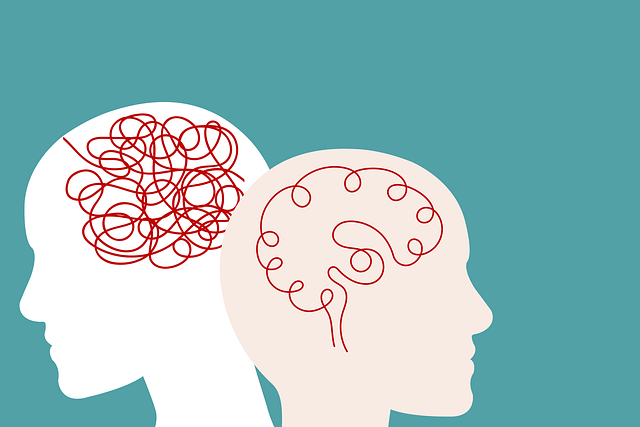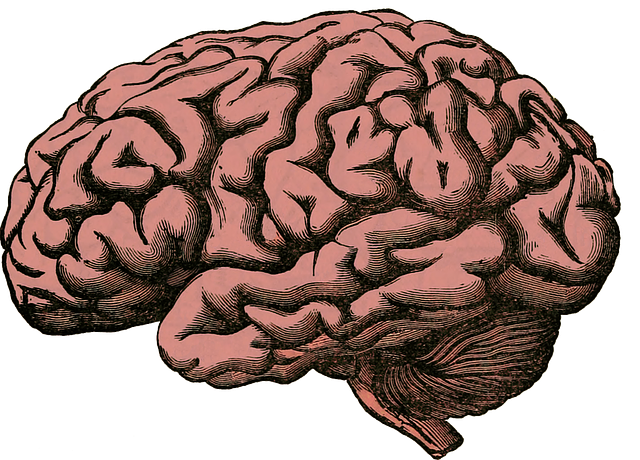Wheat Ridge Functional Neurological Disorder Therapy focuses on building robust coping skills, empowering individuals to manage daily stressors and improve well-being. This therapeutic approach teaches self-care practices like stress management, emotional regulation, and healthy habits through journaling, mental wellness routines, and trauma support services. By identifying triggers and developing personalized coping mechanisms, including mindfulness, physical activity, and crisis intervention, individuals gain resilience to navigate life's challenges effectively.
Coping skills development is a vital aspect of managing neurological disorders, especially in the context of Wheat Ridge Functional Neurological Disorder Therapy. This article explores three key areas: understanding coping skills as a cornerstone of therapy, identifying and implementing effective strategies, and cultivating resilience for long-term skill development. By delving into these topics, we aim to provide insights that enhance living standards for individuals navigating neurological challenges through therapeutic interventions.
- Understanding Coping Skills: A Cornerstone of Wheat Ridge Functional Neurological Disorder Therapy
- Identifying and Implementing Effective Coping Strategies
- Cultivating Resilience: Long-Term Coping Skills Development for Better Living
Understanding Coping Skills: A Cornerstone of Wheat Ridge Functional Neurological Disorder Therapy

Coping skills are a crucial cornerstone in Wheat Ridge Functional Neurological Disorder Therapy, providing individuals with effective strategies to navigate life’s challenges and improve their overall well-being. Understanding these skills is essential when addressing complex conditions like neurological disorders. The goal of therapy isn’t just to treat symptoms but to empower patients with tools that enhance their ability to cope with daily stressors and promote mental wellness.
In the context of Wheat Ridge Functional Neurological Disorder Therapy, coping skills development focuses on teaching practical self-care practices, such as stress management techniques, emotional regulation strategies, and healthy habits. This may include guidance on journaling exercises to process thoughts and emotions, fostering a mental wellness routine that supports individuals in managing their symptoms effectively. Trauma support services play a vital role here, helping patients process past traumas and develop adaptive coping mechanisms for a better quality of life.
Identifying and Implementing Effective Coping Strategies

Identifying effective coping strategies is a powerful tool for managing stress and improving overall mental well-being. This process begins with recognizing individual triggers and emotional responses. Through self-reflection, individuals can identify specific situations or thoughts that lead to overwhelming emotions. For instance, someone struggling with a functional neurological disorder like Wheat Ridge Functional Neurological Disorder Therapy might find certain environments or tasks triggering. Once these triggers are identified, personal coping mechanisms can be tailored accordingly.
Implementing effective coping strategies involves adopting techniques such as mindfulness, deep breathing exercises, and engaging in physical activities to reduce stress levels. Mental Health Education Programs Design often incorporate empathy-building strategies, encouraging individuals to understand their emotions and those of others during challenging situations. Crisis Intervention Guidance also plays a crucial role by providing immediate support and helping individuals navigate through acute distressing events.
Cultivating Resilience: Long-Term Coping Skills Development for Better Living

Cultivating resilience is a key aspect of long-term coping skills development, empowering individuals to navigate life’s challenges and promote their emotional well-being. Wheat Ridge Functional Neurological Disorder Therapy emphasizes this approach, focusing on techniques that foster adaptability and perseverance in the face of adversity. By learning effective coping strategies, individuals can build mental fortitude, enhancing their ability to recover from setbacks and stress.
This process involves identifying personal strengths and resources, developing positive self-talk, and mastering problem-solving skills. Through Trauma Support Services or specialized therapy, one can explore and address underlying issues that may hinder resilience. Additionally, integrating Emotional Well-being Promotion Techniques into daily routines helps maintain a sense of balance and composure, preventing depressive episodes and fostering overall mental health.
Coping skills development, as highlighted through Wheat Ridge Functional Neurological Disorder Therapy, is a multifaceted process crucial for managing life’s challenges. By understanding the importance of these skills, identifying effective strategies, and cultivating resilience, individuals can significantly enhance their ability to navigate difficulties. This holistic approach not only improves mental well-being but also promotes a more fulfilling and balanced lifestyle.














